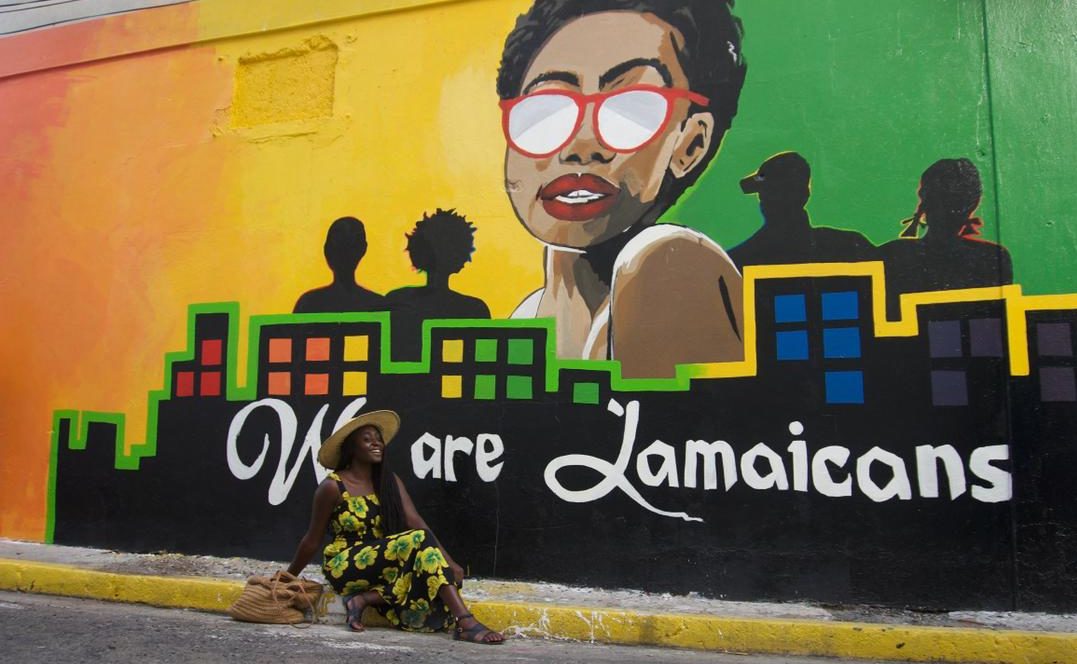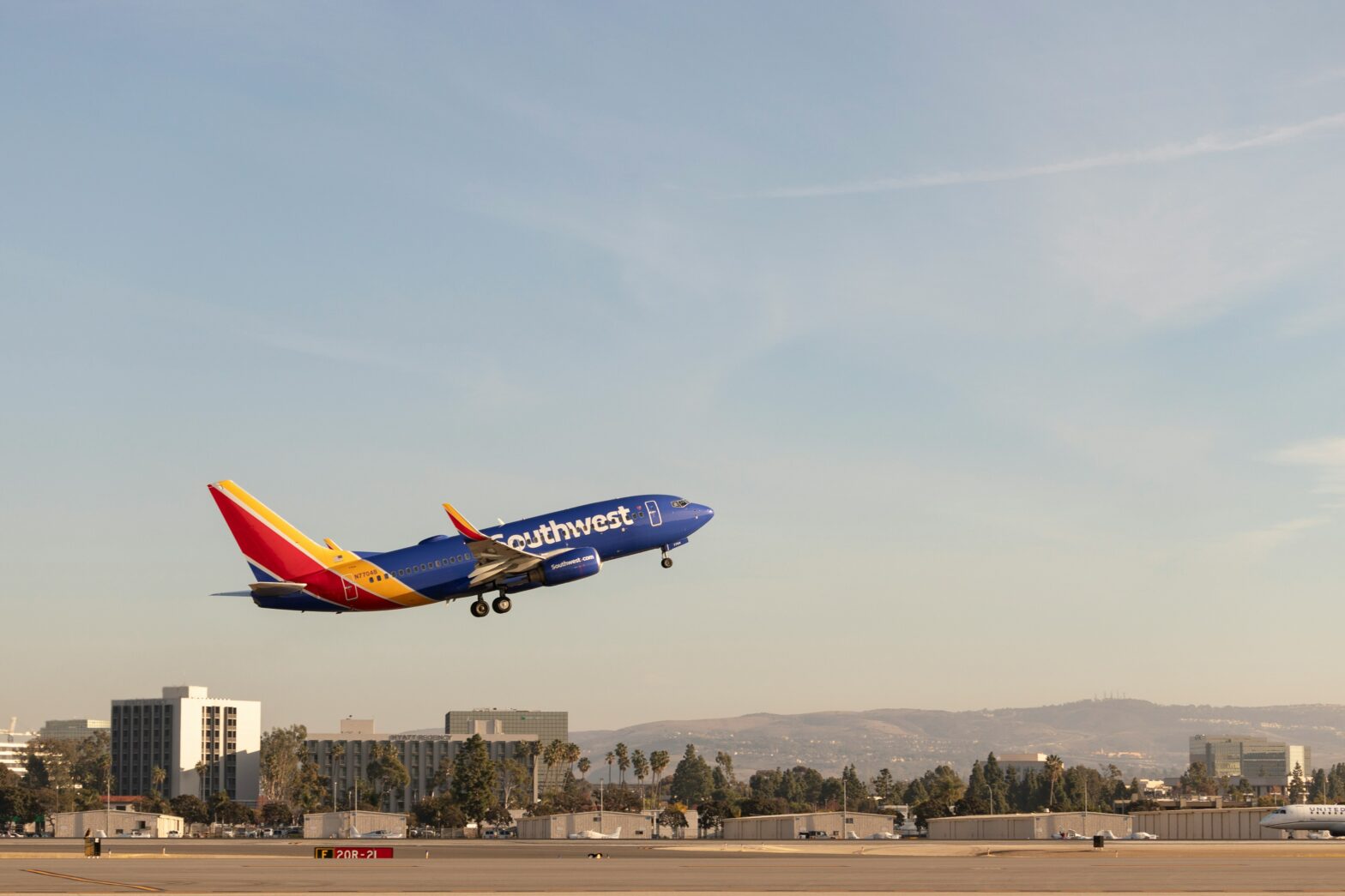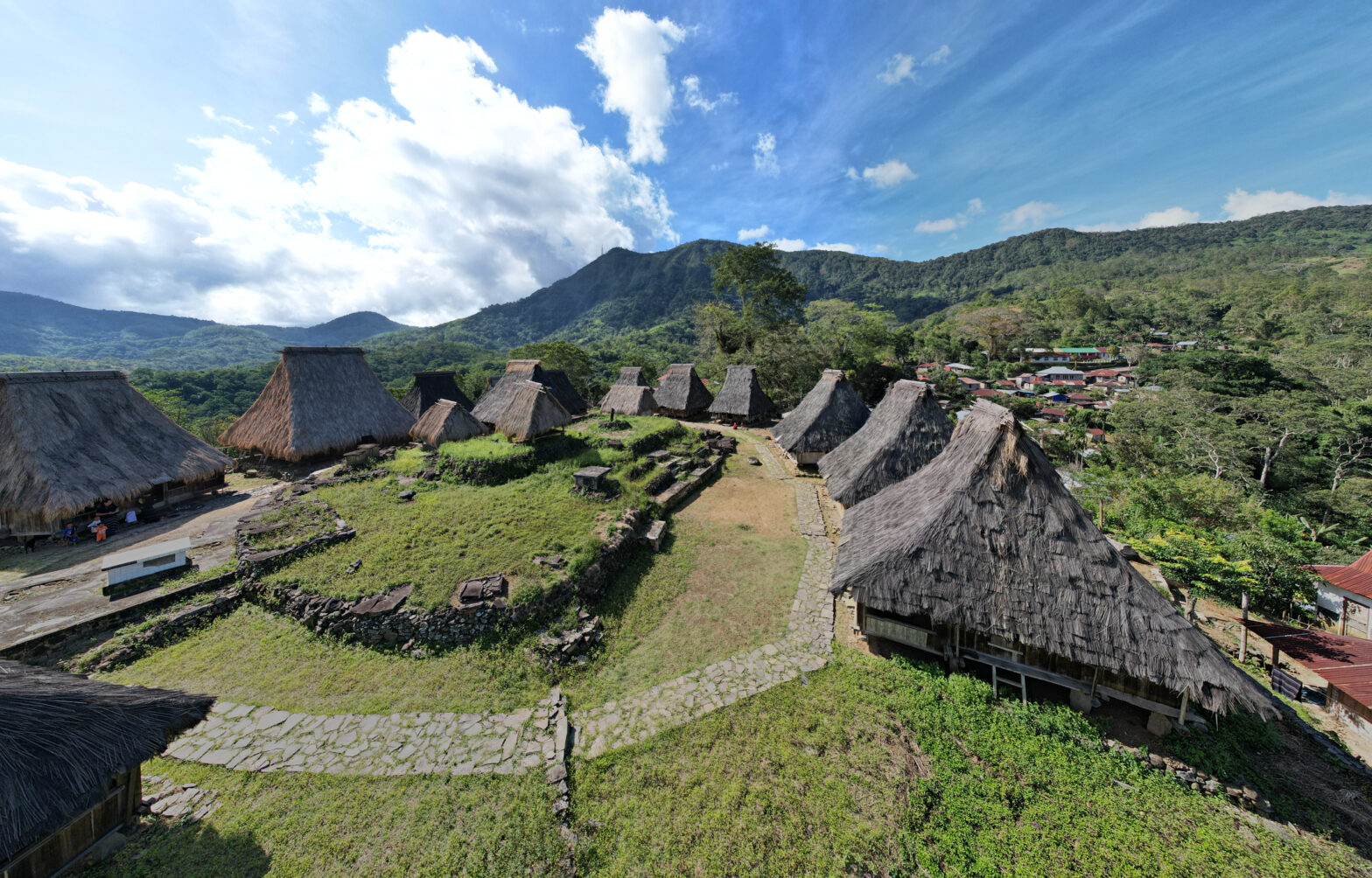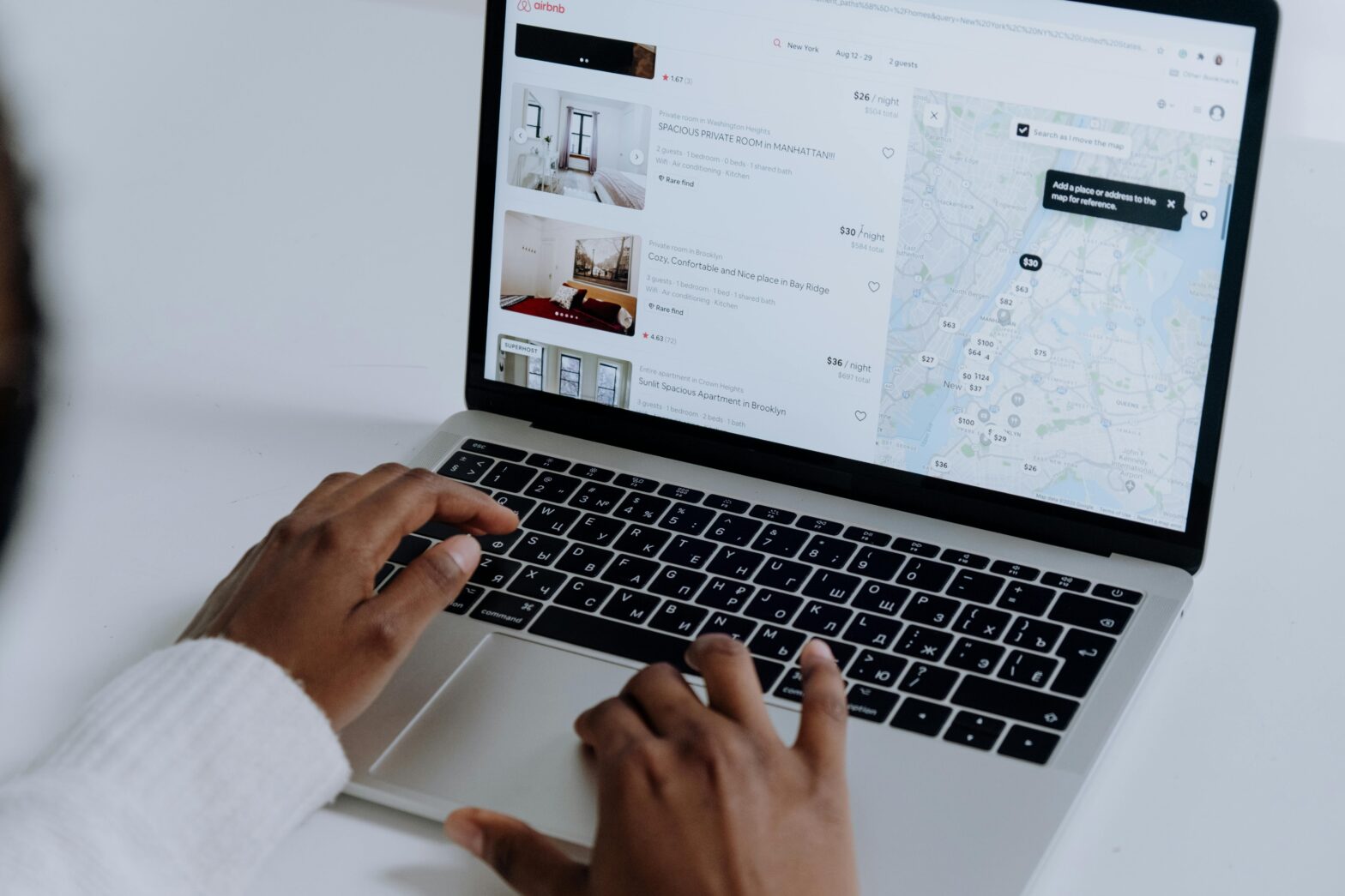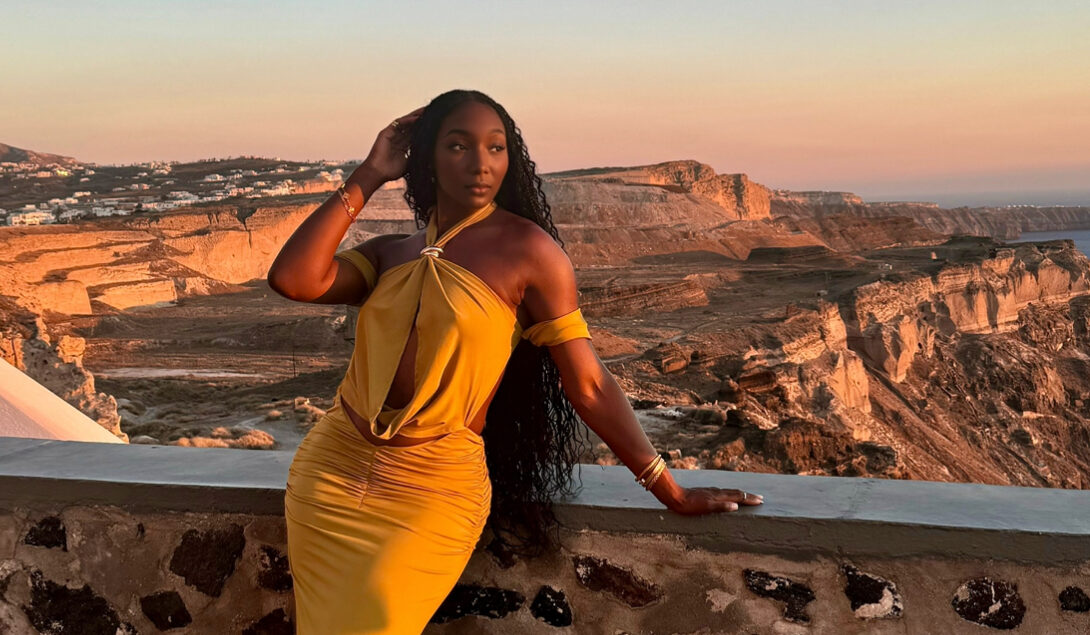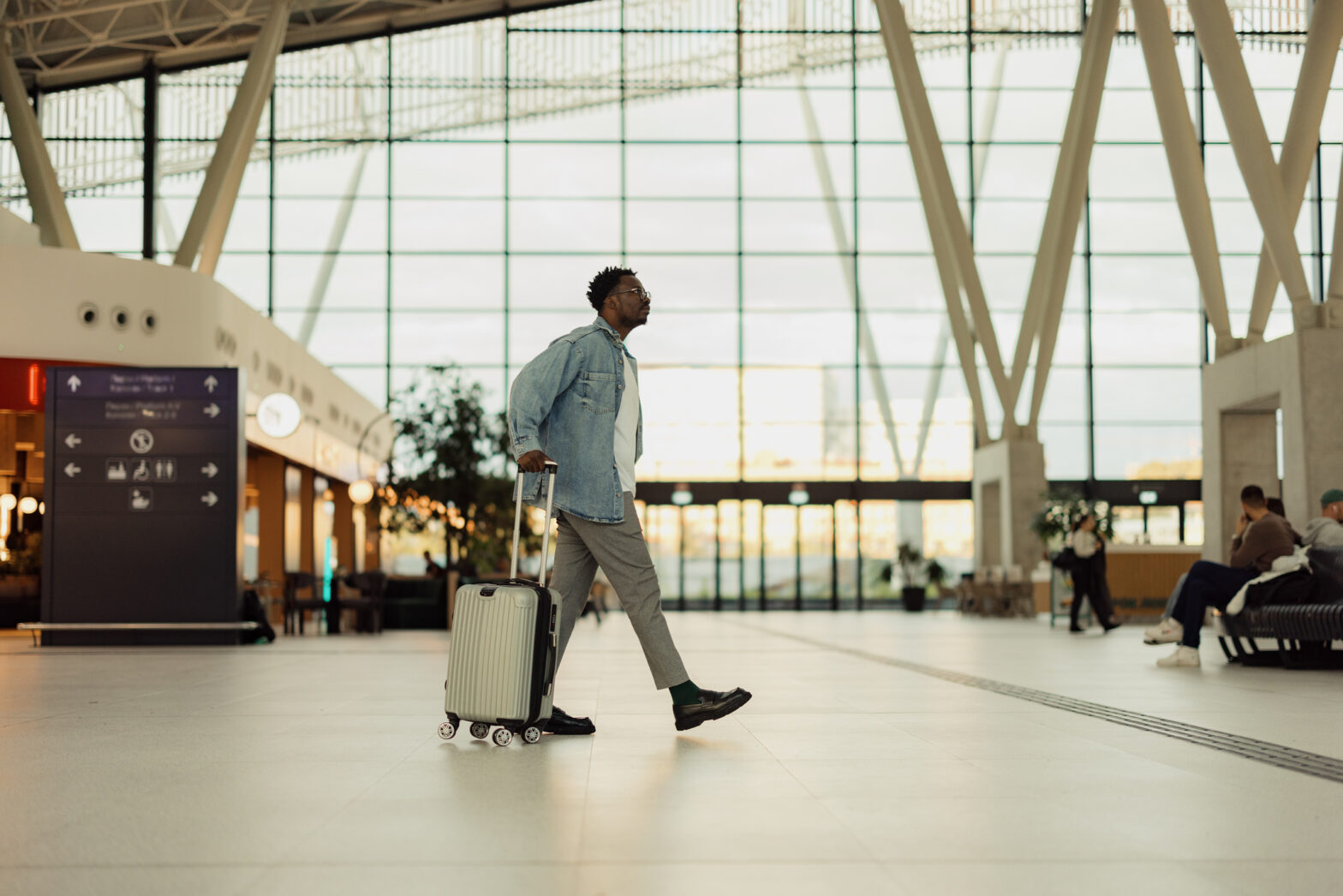Meet Lebene, a slow-traveling Canada-based solo traveler who looks for ways to connect with the locals in her trips. Find out how this traveler had the experience of a life-time living, working and traveling in Jamaica, and despite the warnings of many, found a home and a community of her own in Kingston.
Travel Noire: Tell us a bit about who you are?
Lebene: I’m Lebene, a Ghanaian and Togolese woman based in Canada. I’m an Editorial Strategist, aka a media ghel, meaning I do the majority of things you’d expect within media such as writing, video, radio etc. all day long. I love to travel and explore different cultures. My travel style is definitely focused on getting to know the people in the places that I go into, as I feel that’s the best way to understand a country, and so I don’t seek out the touristy things.
TN: Absolutely, it is always good to travel consciously. How did you end up in Jamaica?
Lebene: I went as part of a social-media based internship with the Canadian government. It was 2018, and I had finished school and was figuring out what to do next, and then the opportunity came about for an International Youth Internship for Canadians. I originally wanted to go to Tanzania, but it worked out that the timing was perfect for this opportunity in Jamaica, literally a month after I had finished with school, so I said ‘yes’, applied, went through three rounds of interviews and got selected.
TN: How was the process of adjusting to life in Jamaica coming from Canada?
Lebene: It wasn’t easy at first. I’m grateful that I had a coordinator for the internship and a roommate (who I met during training a week before the trip) because it took me a minute to get adjusted. There were things to literally acclimatize to, like where to get groceries, but there were also personal things.
I think a lot of times the perceptions that people gave me were planted in my head. For example, many people said to be careful with Jamaican men, so on the first day I was telling my roommate ‘Oh, my friend said I have to try jerk chicken while I’m here’. This guy was literally trying to offer me nearby recommendations, but because everybody told me not to talk to the guys, I kind of shut him off. After he was like, ‘Oh no, I don’t mean any harm it’s just right up the street there’s jerk chicken’ and I had to apologize and thank him. Even that day, it was the jerk chicken guy who helped me count my money when I was confused.
I was very nervous and anxious, mostly because it was a new place and I didn’t know what I was stepping into. My anxiety even made me catch a cold in the first few days. I didn’t really know anyone, so it was a lot of trial and error. Little by little it got more familiar, I found people to go to events with, and I found my own pace.
TN: Where were you based in Jamaica and what parts of the island did you get to see?
Lebene: I was based in Kingston. In my final four months, I moved to the campus at the University of the West Indies as part of the internship. I went to Reggae Sumfest in Montego Bay, and the rest of the time I got to know local tour guides and explored the country with locals. Some groups were Tek-a-Trip JA, Being Jamaican, Island Legendz and a free Kingston tour. We did a lot of Portland travels and some hidden spots in Ocho Rios. We also explored St. Elizabeth and the famous Pelican bar. I did so many other things to enjoy Jamaica’s natural landscape like mountain hiking, surfing and Reggae Falls. I spent a lot of time in St. Thomas too, a small town in Jamaica, and really enjoyed my time there. I also visited the historical Maroon Town, with Kromanti Experience, after connecting with Benjamin Asamoah (who became Uncle Ben), a Ghanaian residing in Jamaica for over ten years.
TN: Out of all the parishes, which was your favorite as a solo traveler in Jamaica?
Lebene: I don’t think I have a favorite part per se, but I have reasons why I enjoyed each place. I liked St. Thomas because it wasn’t necessarily a touristy town, but the falls were glorious and one of the first things I actually explored in the area. And then Portland … what a surreal place. There are so many types of rivers, and secret parts and lagoons. There is so much to discover. Even just the different types of water, some crystal clear, some super blue. I loved St. Elizabeth too because it was really serene and it kind of reminded me of Ghana. The overwater bar, the wildlife, the crocodiles all felt like a really cool experience.
TN: You touched on the similarities between Jamaica and Ghana, could you speak more on that for us?
Lebene: I noticed a lot of similarities and now that I’m in back home in Ghana, I’m seeing it more with sharper memory and with a local’s eye. Even while visiting the Maroon Town, I understood what Uncle Ben meant when he said it felt like home. While I was there, I FaceTimed my mother, and she responded, “Yes, it looks like home.” Their Kromanti language even sounds similar to Twi.
There have been times that I’ve been in a car, driving past some place in Ghana, and I could’ve been in Portland. Or I’d look at the fruits and the vegetables on the side of the roads, which is very much like Jamaica. So sometimes I do see those similarities, but then there also are some differences as well.
Otherwise, the personality of both places is similar. Like in Jamaica, if a shopkeeper doesn’t have something they would say ‘Me nuh have dat’ and in Ghana you’ll hear ‘ Please, I don’t have’ – it’s the same energy. I also realized that in both places, the locals don’t have the opportunity to explore their own country or island. A lot of it is inaccessible for them. On top of that things are hard in both places but the people make it work and with humor and positivity. My advice would be to recognize that and don’t take advantage of locals who do depend on tourism more than we realize.
TN: Now that you’re back on Ghanaian soil, how would you compare being a black woman solo-traveler in Jamaica to Ghana?
Lebene: I would say that the people in Jamaica, just like the people in Ghana, helped me as a solo traveler. People in both countries are deeply helpful. Here in Ghana, people act like they know, even if they don’t – nobody wants to say ‘no’ or be unhelpful. It’s a shared mentality that really helped me out while solo in both places.
Ghana’s tourism isn’t as built-up as Jamaica’s, so I am noticing that there are a few travel-tours and companies in Ghana but not as much as in Jamaica. In this sense, being solo can be a little trickier here in Accra.
There is also the issue of catcalling in both places – Jamaican men are much more forward than Ghanaian men, but in both spaces as a solo woman traveler, I got used to it, even though I shouldn’t have to.
I also felt that coming from Canada, a predominantly white country, I didn’t need to overthink how I present in my working or social environments in Jamaica or Ghana. In both places, I didn’t need to double-think how to be. In Jamaica, I would even code-switch into my Ghanaian accent, and it was never an issue.
TN: Is there anything that you would change or add to your Jamaican experience?
Lebene: I wouldn’t change anything because I think the experience happened the way it was supposed to. There were times when I wanted to do certain trips and people would advise against it, but I still took that risk and that’s where I was able to make friends that I still talk to to this day. I loved my experience, and I can’t wait to go back and travel with an open mind.
